June 7, 2018
Over half of employees say remote working and coworking increase their productivity
 More than half of US based employees (54 percent) with the chance to work remotely say they are most productive when they work outside a traditional office environment, such as at home, in a coffee shop, or in a coworking space, according to a new survey by research firm Clutch. Over two-thirds (68 percent) of workers surveyed work in a traditional office. However, higher productivity isn’t the only reason employees prefer other workspace options. Over a quarter (26 percent) of employees who have some degree of flexibility say a better work-life balance is the top benefit of working outside the office. Other benefits include flexible work hours (21 percent) and fewer distractions (18 percent).
More than half of US based employees (54 percent) with the chance to work remotely say they are most productive when they work outside a traditional office environment, such as at home, in a coffee shop, or in a coworking space, according to a new survey by research firm Clutch. Over two-thirds (68 percent) of workers surveyed work in a traditional office. However, higher productivity isn’t the only reason employees prefer other workspace options. Over a quarter (26 percent) of employees who have some degree of flexibility say a better work-life balance is the top benefit of working outside the office. Other benefits include flexible work hours (21 percent) and fewer distractions (18 percent).





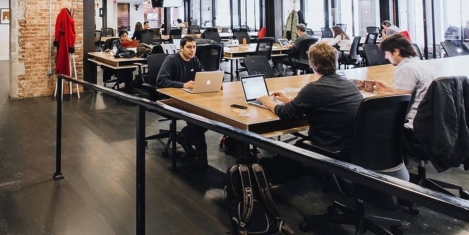

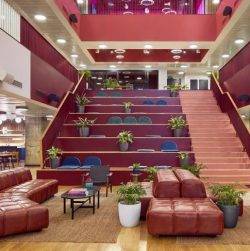

 Technology, media, and telecommunications (TMT) companies are continuing to play a prominent role within Edinburgh’s office market, accounting for approximately 30 percent of transactions in the city. But rising demand for Grade A office space in Edinburgh by a variety of organisations, including coworking, private and public sector tenants has fuelled significant occupier demand during the first quarter of 2018, according to analysis by property consultancy, Knight Frank. The latest commercial property figures show approximately 460,000 sq. ft. of new occupier requirements came onto the market in the first three months of the year from companies looking to lease office space in Edinburgh.
Technology, media, and telecommunications (TMT) companies are continuing to play a prominent role within Edinburgh’s office market, accounting for approximately 30 percent of transactions in the city. But rising demand for Grade A office space in Edinburgh by a variety of organisations, including coworking, private and public sector tenants has fuelled significant occupier demand during the first quarter of 2018, according to analysis by property consultancy, Knight Frank. The latest commercial property figures show approximately 460,000 sq. ft. of new occupier requirements came onto the market in the first three months of the year from companies looking to lease office space in Edinburgh. 



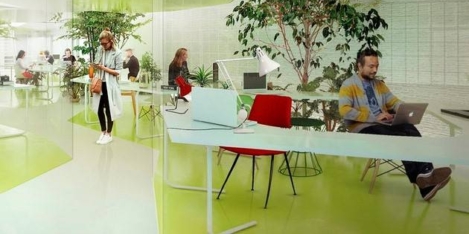
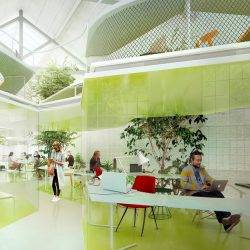
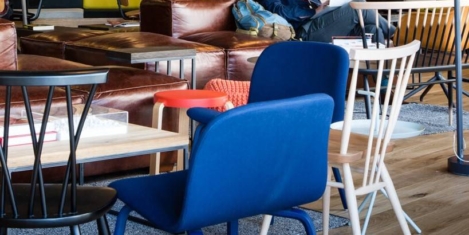
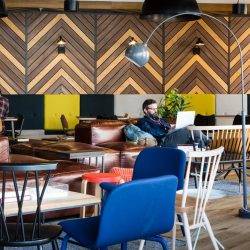





 The proportion of flexible space within occupier portfolios will continue to increase in 2018; a growing adoption of technology will redefine buildings, workplaces and portfolios; and it will be a year of decision for many businesses regarding Brexit. These are among the ‘UK Property Predictions 2018’ report from JLL which covers a range of different topics, with a particular focus on UK corporate occupiers. The report claims that traditional static portfolio concepts are being redesigned to incorporate new formats of space, co-working and a more fluid and diverse range of space options that support creativity, innovation and collaboration.
The proportion of flexible space within occupier portfolios will continue to increase in 2018; a growing adoption of technology will redefine buildings, workplaces and portfolios; and it will be a year of decision for many businesses regarding Brexit. These are among the ‘UK Property Predictions 2018’ report from JLL which covers a range of different topics, with a particular focus on UK corporate occupiers. The report claims that traditional static portfolio concepts are being redesigned to incorporate new formats of space, co-working and a more fluid and diverse range of space options that support creativity, innovation and collaboration. 







March 5, 2018
About time we simply accepted that coworking and flexible working are the new normal
by Sarah King • Comment, Coworking, Flexible working, Workplace design
(more…)